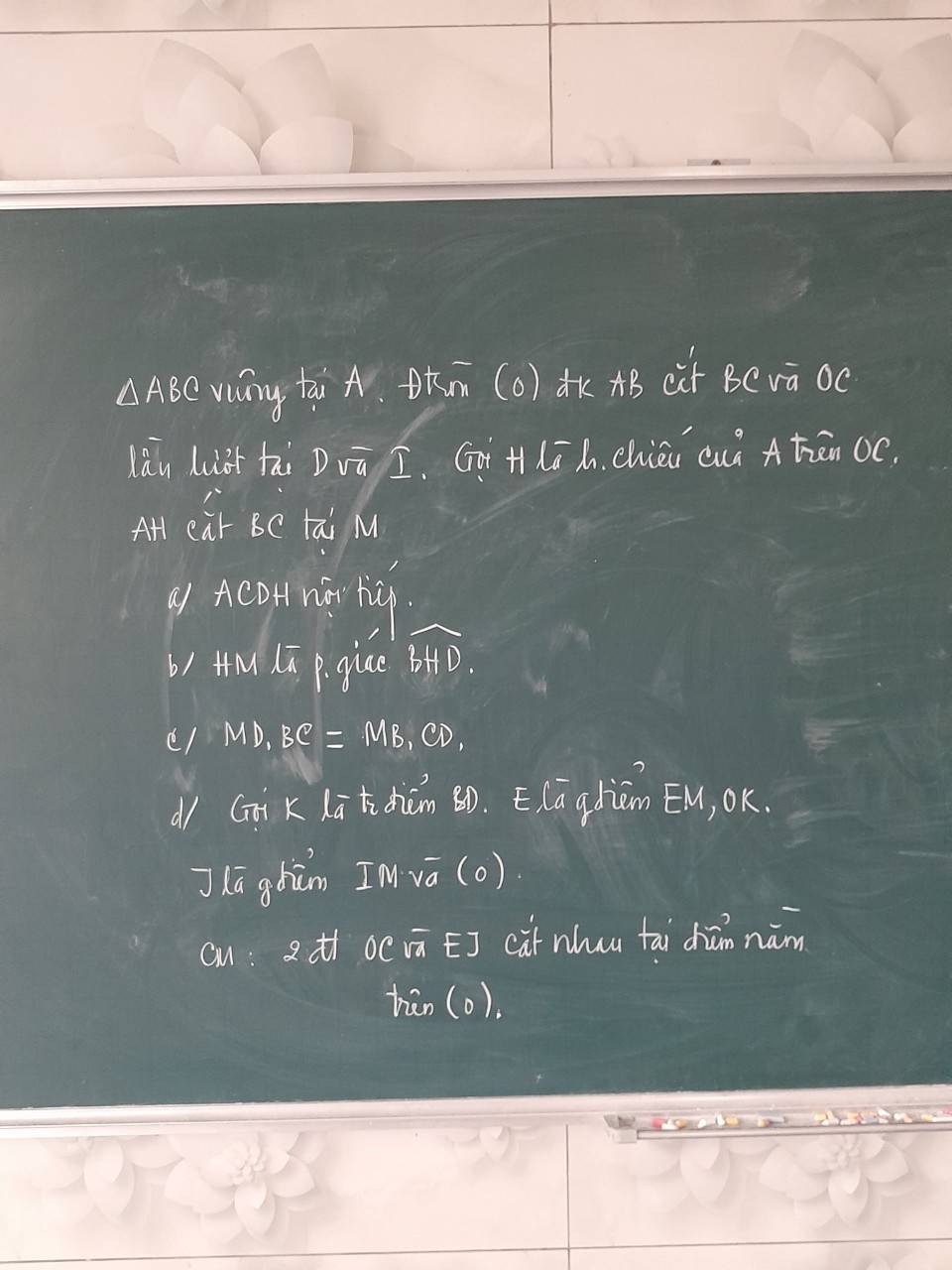
K
Khách
Hãy nhập câu hỏi của bạn vào đây, nếu là tài khoản VIP, bạn sẽ được ưu tiên trả lời.

Các câu hỏi dưới đây có thể giống với câu hỏi trên

CT
23 tháng 4 2019
chào tv mới
caua, 3x+x^2-4x=12
x^2-x-12=0
x^2-4x+3x-12=0
x(x-4)+3(x-4)=0
(x+3)(x-4)=0
x=-3 hoặc x=4
LƯU YS: từ chỗ mik biến đổi thành pt bậc 2 bn tính theo đenta cx đc, đây mik làm cách phân tích thành tích cho ngắn gọn
PM
0

N
2
TH
2

13 tháng 9 2019
ko đăng linh tinh nha bạn
còn cách gì đó lên mạng mà tìm

10 tháng 12 2015
\(2\sqrt{9\left(x-3\right)}-\sqrt{4\left(x-3\right)}=10+\frac{1}{2}\)
\(6\sqrt{\left(x-3\right)}-2\sqrt{\left(x-3\right)}=\frac{21}{2}\)
\(4\sqrt{\left(x-3\right)}=\frac{21}{2}\)
\(\sqrt{\left(x-3\right)}=\frac{21}{8}\)
\(x-3=\frac{441}{64}\)
\(x=\frac{633}{64}\)



 Mọi người giúp mình với, giải chi tiết (+giải thích giúp mình nha), cảm ơn mọi người rất nhiều lun =)
Mọi người giúp mình với, giải chi tiết (+giải thích giúp mình nha), cảm ơn mọi người rất nhiều lun =)
1. x = 4 => B = \(\frac{3}{\sqrt{4}-1}=\frac{3}{2-1}=3\)
2. \(P=A-B=\frac{6}{x-1}+\frac{\sqrt{x}}{\sqrt{x}+1}-\frac{3}{\sqrt{x}-1}\)
\(P=\frac{6+\sqrt{x}\left(\sqrt{x}-1\right)-3\left(\sqrt{x}+1\right)}{\left(\sqrt{x}-1\right)\left(\sqrt{x}+1\right)}\)
\(P=\frac{6+x-\sqrt{x}-3\sqrt{x}-3}{\left(\sqrt{x}-1\right)\left(\sqrt{x}+1\right)}\)
\(P=\frac{x-4\sqrt{x}+3}{\left(\sqrt{x}-1\right)\left(\sqrt{x}+1\right)}=\frac{x-3\sqrt{x}-\sqrt{x}+3}{\left(\sqrt{x}-1\right)\left(\sqrt{x}+1\right)}\)
\(P=\frac{\left(\sqrt{x}-3\right)\left(\sqrt{x}-1\right)}{\left(\sqrt{x}-1\right)\left(\sqrt{x}+1\right)}=\frac{\sqrt{x}-3}{\sqrt{x}+1}=\frac{\sqrt{x}+1-4}{\sqrt{x}+1}=1-\frac{4}{\sqrt{x}+1}\)
Do \(\sqrt{x}+1\ge1\forall x\in R\) => \(\frac{4}{\sqrt{x}+1}\le4\)=> \(1-\frac{4}{\sqrt{x}+1}\ge1-4=-3\)
=> \(P\ge-3\) => \(\frac{1}{P}\le-\frac{1}{3}\)
Dấu "=" xảy ra<=> x = 0
Vậy Max1/P = -1/3 <=> x = 6